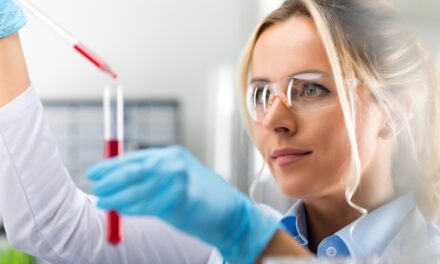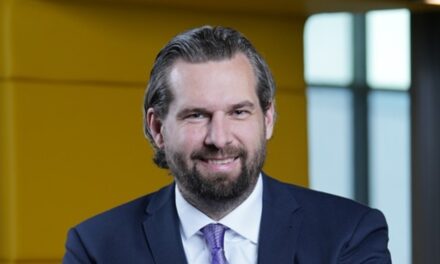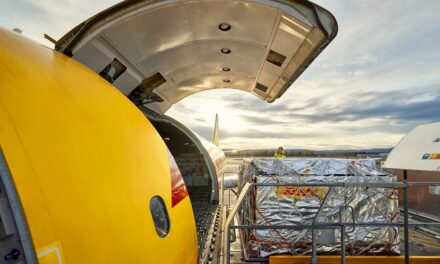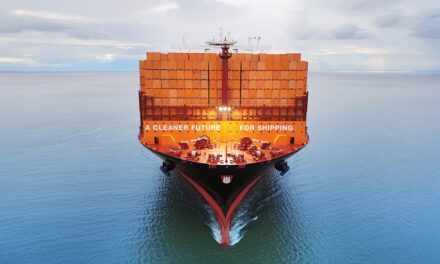
DPDHL: decarbonisation of heavy transport is an important challenge
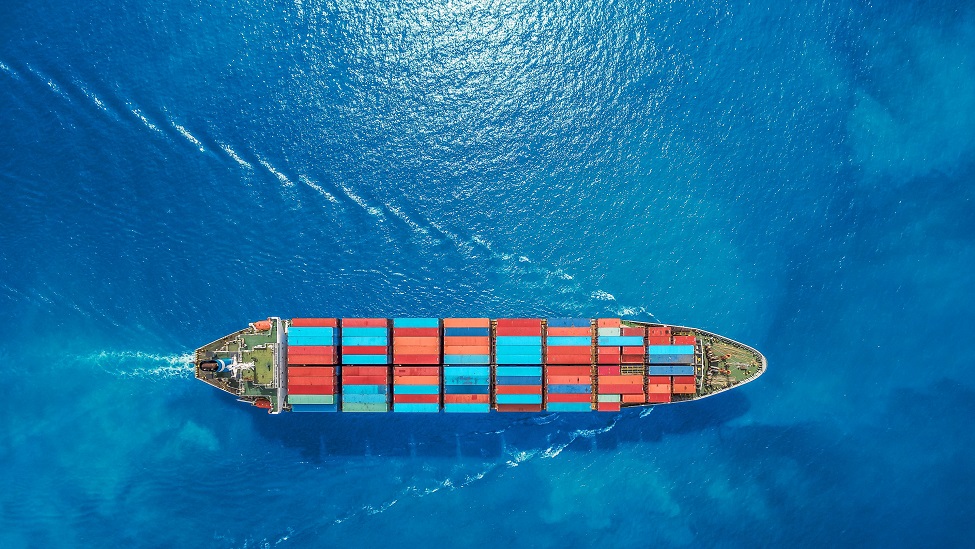
DHL Global Forwarding, the air and sea freight specialist of Deutsche Post DHL Group, has signed an agreement with Hapag-Lloyd on the use of advanced biofuels.
As a first step, Hapag-Lloyd will use biofuels for 18,000 TEU of the sea freight volume shipped for DHL, thereby saving 14,000 tonnes of CO2 emissions (well-to-wake)[1] . The two companies share the vision of decarbonizing container shipping and logistics. With their cooperation, they demonstrate the scalability of sustainable transport solutions and the relevance of modern biofuels in today’s market environment. As pioneers, both DHL and Hapag-Lloyd are committed to uniform industry standards based on the carbon insetting approach.
“The decarbonisation of heavy transport is an important challenge that requires a rethink on the part of the entire industry. That is why we are very proud to have found a partner in Hapag-Lloyd who, like us, pursues the goal of a climate-neutral world anchored in the Paris Climate Agreement. Together, we want to pave the way for book & claim and insetting mechanisms to make it easier for shipping companies to use sustainable fuels,” said Dominique von Orelli, Global Head of Ocean Freight at DHL Global Forwarding.
Biofuels are based on biological residues such as used cooking oil and other waste products. From these raw materials, a fatty acid methyl ester (FAME) is produced, which is then mixed with different proportions of low-sulfur heating oil. Compared to conventional fuels, this pure biofuel reduces greenhouse gas emissions by more than 80 percent.
“We are very pleased to have entered into this agreement with DHL for the use of a significant amount of biofuel. We share the same values and the same goal: to protect our environment and contribute to a greener future. Biofuels will play an important role in our path to climate neutrality by 2045 in the coming years. We want to offer our customers a sustainable commercial transport product based on biofuel and thus help them to improve their CO2 balance. This cooperation will bring us one step closer to this goal,” says Danny Smolders, Managing Director Global Sales at Hapag-Lloyd.








